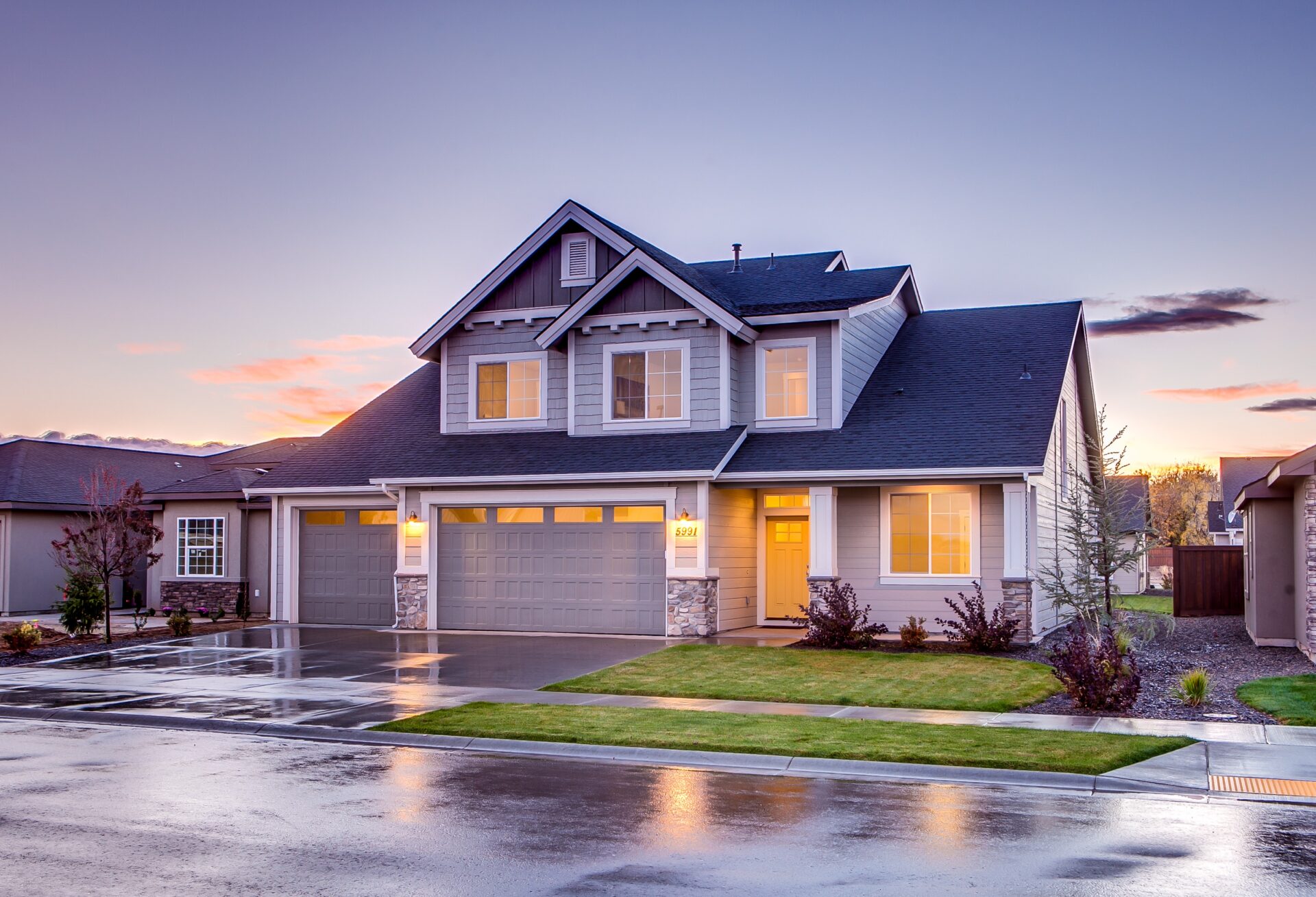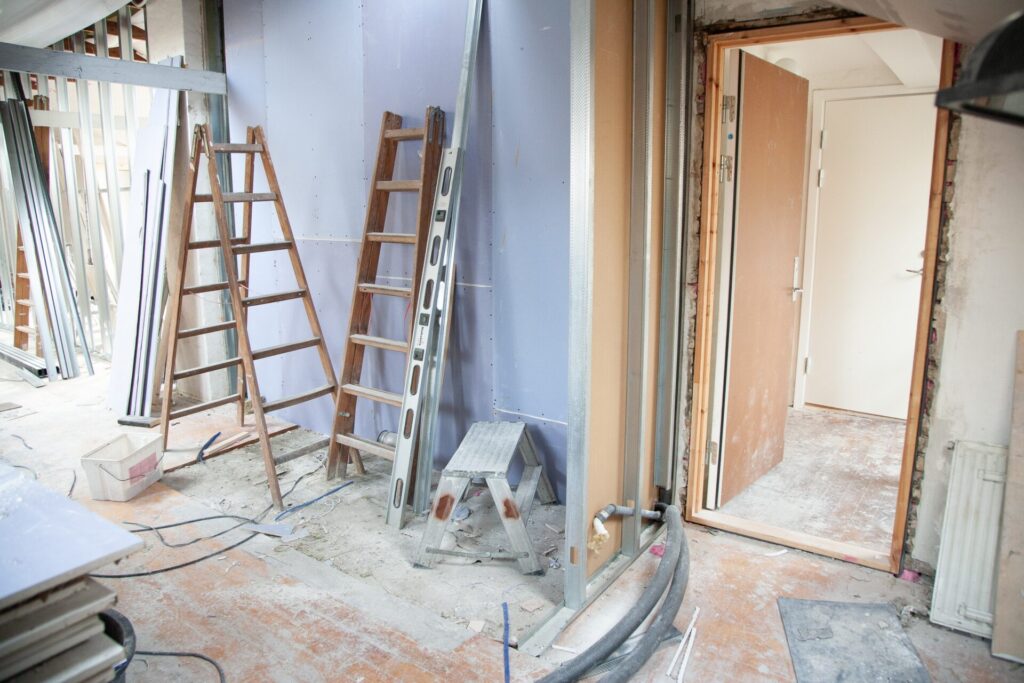Real Estate
How to Start a Rental Property Business With No Money
We all want a rental property business since it is very profitable, but can you start it without money?
Published
3 years agoon
By
Mario
The rental property industry entails buying real estate or property, leasing it out, and collecting rent payments on a regular basis.
One client can be given the use of the entire estate. Alternatively, you may partition it into a number of distinct flats and rent out each one to a different tenant. As an outcome, it is an industry that involves owning real estate and making profits by renting it out.
Your rental property business can be launched from scratch. Additionally, you can operate this business from home. To establish a business, you must have a solid understanding of it and take some crucial measures.
Two factors must always be kept in mind: properly complete your study and homework; put forth an extra effort to deliver quality service in order to draw in more customers and, ultimately, increase your profit.
Purchasing a Rental Property with No Money Down
Buying a rental property with no cash down is a possibility if you’ve ever wondered about it. “You’re not by yourself. Every real estate investor has posed the same question at some point or another.
Here are a few suggestions for putting no money down when purchasing a rental property. There are no free snacks in life, but there are ways to reduce or even do away with the down payment required to purchase your first rental property.
1. Think First About House Hacking
The simplest approach to purchasing your first rental property is through house hacking. In exchange, you receive free housing!
The basic idea behind home hacking is straightforward: purchase a modest multiple (2-4 units), live in one, and rent out the other (s). Your mortgage and other housing expenses are covered by the rent of your neighbors, making your home effectively free.
And after you go, you keep it as a standard rental property, which increases the income flow even further.
What impact does this have on your down payment? Owner-occupied properties require much lower down payments from traditional lenders than investment properties. For them, determining the risk is straightforward because borrowers are much less likely to default on a home mortgage than a loan for rental property.
2. The BRRRR Approach

The BRRRR technique is one conventional style that still demands payment upfront but reimburses you for it. The abbreviation for the BRRRR plan is “purchase, remodel, rent, refinance, repeat.”
You use a purchase-rehab loan, which does require a down payment, to buy a fixer-upper. The distressed property is then renovated, with the improvements being paid for by the purchase-rehab loan.
3. Seller Funding
After all, nobody implies that you must participate in any financing scheme. Sellers can finance the purchase themselves, giving you the freedom to choose your financing conditions. Including the opportunity to put no money down when purchasing a rental property.
This works particularly well for sellers who inherited a property and are unsure what to do with it or for property owners without mortgages. Perhaps the seller lacks the funds to make the necessary repairs to the property.
4. Taking Over the Seller’s Mortgage
You might be capable of working out a deal with the seller to purchase a rental property with no money down, even if they aren’t willing to finance the property directly.
You might propose to take over the seller’s mortgage and handle payments. You accept their (likely low-interest) loan, leaving you to come up with simply the remaining balance. Just be mindful not to violate the existing mortgage’s “due on sale” provision.
Remember that lenders frequently won’t let you borrow the down payment when you purchase a property using conventional financing. They want a stake in the game for you.
5. Negotiate a Seller-Held Secondary Loan

Let’s say you locate a lender prepared to grant you the money for a landlord loan at 80% of the purchase price, but you don’t have the cash to pay the 20% down payment. Where can I get a loan for money? Once more, the dealer.
Speak to your main lender before pleading with the seller for a second mortgage because not all lenders will permit this. However, it is permitted by many portfolio lenders, including Visio and Lending One. It’s important to note that seller-held second mortgages are not permitted with FHA loans.
6. Collateral-Based Lenders: Open to Various Funding Options
Regulations are strictly adhered to by conventional and FHA lenders. If you want to put no money down on a rental property, they could not allow you to borrow money from the seller or anybody else.
However, not all lenders are as particular about the source of your down payment. Hard money lenders and landlord lenders frequently base their loans on the property, which serves as the collateral rather than the borrower. The great news is that as long as your down payment doesn’t come from them, they often don’t care where it comes from.
7. Gap Lending
Gap lenders can cover your next real estate investment payment plan. They take a second lien position behind your primary lender to cover their huge risk and levy exceptionally high interest and fees.
Most frequently, they don’t impose any interest or liens at all. Instead, they purchase a portion of ownership in the home in return for paying all or part of your down payment.
8. Private Funds from Family and Friends
People will be more willing to lend you some money as you develop as a real estate investor and have a track record of success.
You can arrange mutually beneficial loan terms with friends, relatives, and other contacts to borrow private money loans. For instance, I provide a real estate investing pair with a loan at 10% interest. For two reasons, they don’t mind paying somewhat high interest.
First, compared to a conventional or hard money loan, I didn’t charge any points, fees, or other closing costs at the outset of the transaction, saving them thousands of dollars. Second, I did not provide due date and arranged the loan as an interest-only one.

Final Note
There’s a narrow line to walk when deciding how to finance the acquisition of a rental property with no down payment without going overboard. When in doubt, save the cash for a down payment instead of taking out a loan. This is especially true as you learn how to purchase your first rental property and, for that matter, your subsequent ones.

Best Problem-Solving Strategies In Business

How to Start Affiliate Marketing Through Amazon

How to Plan A Wedding On A Budget

10 Reasons Why Budgeting Is Important




